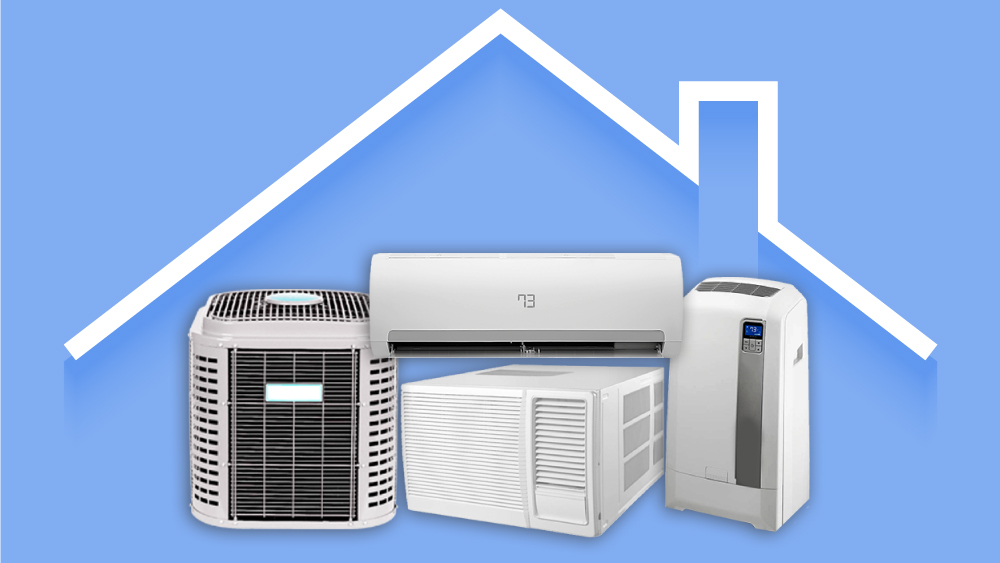It depends on your interpretation of air conditioning. Early hunter-gatherers constructed below-ground burrows to get away from the sunlight. Old Egyptians made use of evaporative cooling to defeat the heat. The Chinese popularized the hand fan 3,000 years ago.
Electric-powered air conditioning came from Buffalo, New York City, in 1902 when Willis Provider patented the first modern AC unit.
If you are trying for finding the best contractor for your AC, please click on the link.
How does an AC work?
We must preface this description with a fast physics lesson. First, recognize you cannot create cold, you can just get rid of warmth. When you are placing an ice cube over your skin, the ice is going to take in the warmth instead of imparting cold. The second thing to comprehend is Boyle’s Regulation, as gas gets pressed, it gets hotter. Finally, recognize that warmth always needs to go someplace.
An AC unit works through three major parts: a condenser, a compressor, and an evaporator.
The compressor pressurizes a cooling agent, the liquid that runs throughout the AC. As the cooling agent gets pressurized, it begins to heat up, pulling power from the space. The hot fluid is pumped to the back of the air conditioning system right into the condenser.
Here, the steams of the refrigerant with a long presence of coils, this is where the extra space allows the gas to depressurize, as well as cool. As boosting pressure boosts heat, reducing the pressure decreases the warmth. The heat gets released right into the conditioner as well as gets blown outdoors.
Bereft of heat, the cooling agent is pumped to the evaporator. This is where the cold-feeling air appears. In addition to the cold cooling agent, the evaporator triggers water to condensate out of the air. The water gets accumulated and then pumped outside. This is why you typically hear a dripping noise when an AC unit is running. As the cooling agent picks up the warmth from the space, it gets pumped back into the compressor to start the trip once more.
Does leaving the AC on conserve energy?
The brief answer is no. The lengthy answer is a big no. Leaving your AC on costs a lot more power as well as creates undue damage on your device. This is particularly true if nobody is home in the middle of the day. You can also save energy and have an awesome residence by purchasing a wise plug.
To hire a local company for your AC, please visit the link.







